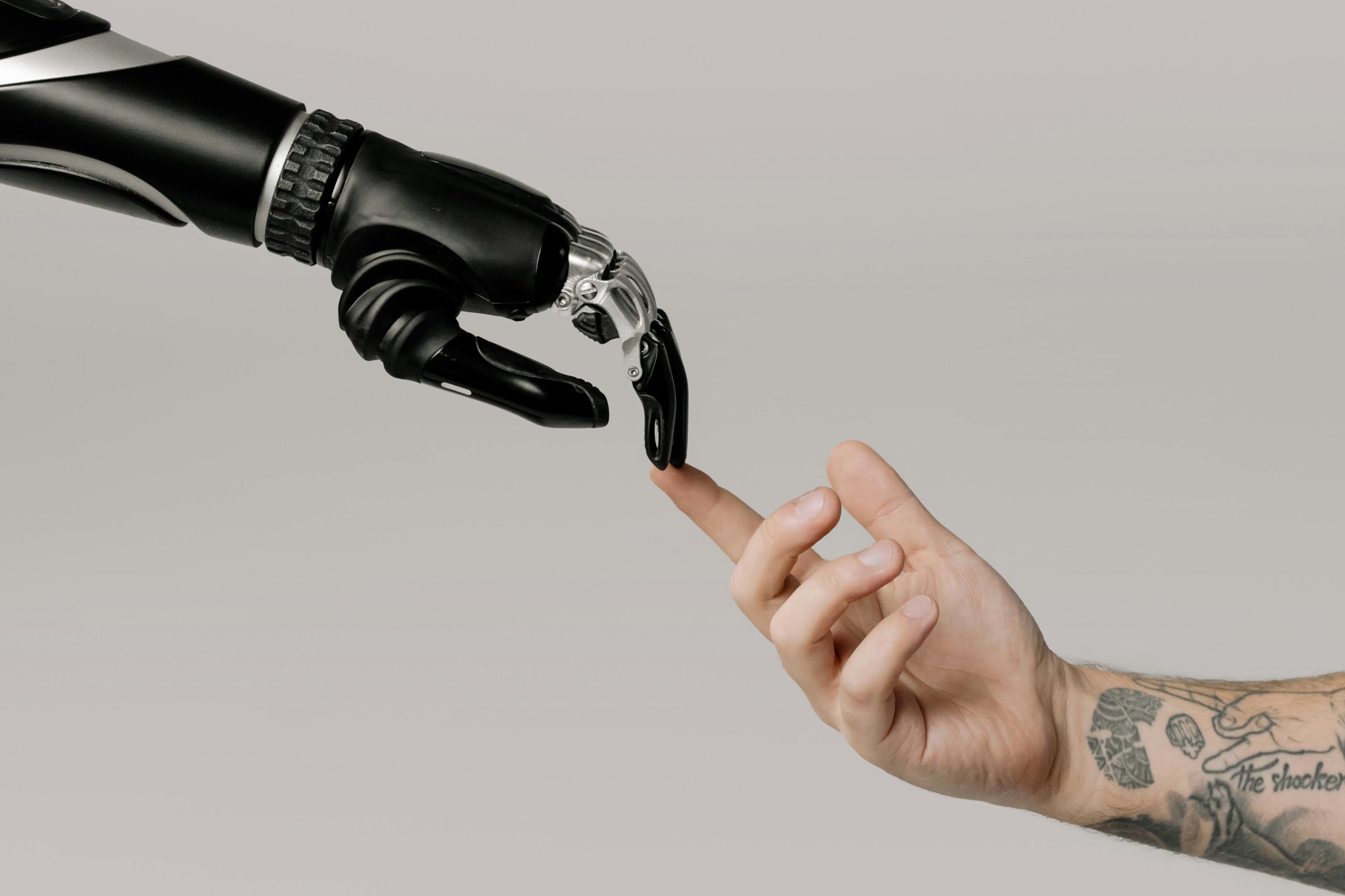Artificial Intelligence (AI) has emerged as a transformative force across various industries, and education is no exception. By leveraging AI technologies, educators and institutions have the potential to revolutionize teaching and learning experiences, personalize education, and improve outcomes for students. However, along with these opportunities come significant challenges that must be addressed to maximize the benefits of AI in education.
Opportunities
- Personalized Learning:
AI algorithms can analyze vast amounts of student data to understand individual learning styles, preferences, and strengths. This information enables educators to tailor instruction and content to meet the specific needs of each student, fostering a more personalized learning experience. - Adaptive Learning Systems:
AI-powered adaptive learning platforms can dynamically adjust the difficulty and pace of content based on a student’s performance and comprehension. This adaptive approach ensures that students receive targeted support and challenges, optimizing their learning trajectory. - Enhanced Teaching Tools:
AI-driven tools, such as virtual tutors and chatbots, can provide immediate feedback, answer questions, and offer additional resources to students outside of traditional classroom hours. These tools augment the role of educators, allowing them to focus more on individualized instruction and mentorship. - Data-Driven Insights:
AI analytics can analyze student performance data to identify trends, predict learning gaps, and assess the effectiveness of teaching strategies. Educators can use these insights to make data-driven decisions, refine instructional methods, and intervene early to support struggling students. - Automation of Administrative Tasks:
AI technologies can streamline administrative tasks such as grading, scheduling, and course planning, freeing up educators’ time to focus on teaching and student engagement. This increased efficiency can lead to a more productive learning environment for both educators and students.
Challenges - Equity and Access:
One of the most significant challenges in harnessing AI in education is ensuring equitable access to technology and AI-powered resources for all students. The digital divide, socioeconomic disparities, and lack of infrastructure in underserved communities can exacerbate inequalities in access to quality education. - Data Privacy and Security:
AI systems rely on vast amounts of student data to operate effectively, raising concerns about privacy and security. Educators and institutions must implement robust data protection measures and adhere to strict privacy regulations to safeguard sensitive student information from unauthorized access or misuse. - Algorithmic Bias:
AI algorithms may perpetuate or amplify existing biases present in educational systems, such as gender, racial, or socioeconomic biases. It is crucial to develop and deploy AI technologies responsibly, with careful consideration of ethical implications and strategies to mitigate bias and ensure fairness in decision-making processes. - Teacher Training and Professional Development:
Integrating AI technologies into educational practices requires training and support for educators to effectively leverage these tools. Many educators may lack the necessary skills and expertise to harness the full potential of AI, highlighting the need for comprehensive professional development programs and ongoing support initiatives. - Overreliance on Technology:
While AI can enhance teaching and learning experiences, there is a risk of overreliance on technology at the expense of human interaction and critical thinking skills. It is essential to strike a balance between leveraging AI as a tool to support education and preserving the human elements of teaching, mentorship, and social interaction.
In conclusion, the integration of artificial intelligence into education presents vast opportunities to enhance learning experiences, personalize instruction, and improve outcomes for students. However, realizing these benefits requires addressing significant challenges such as equity and
access, data privacy and security, algorithmic bias, teacher training, and the balance between technology and human interaction.
Educators, policymakers, technology developers, and other stakeholders must collaborate to develop ethical frameworks, policies, and practices that promote responsible AI adoption in education. By harnessing the power of AI while addressing these challenges, we can unlock the full potential of technology to transform teaching and learning in the 21st century.





